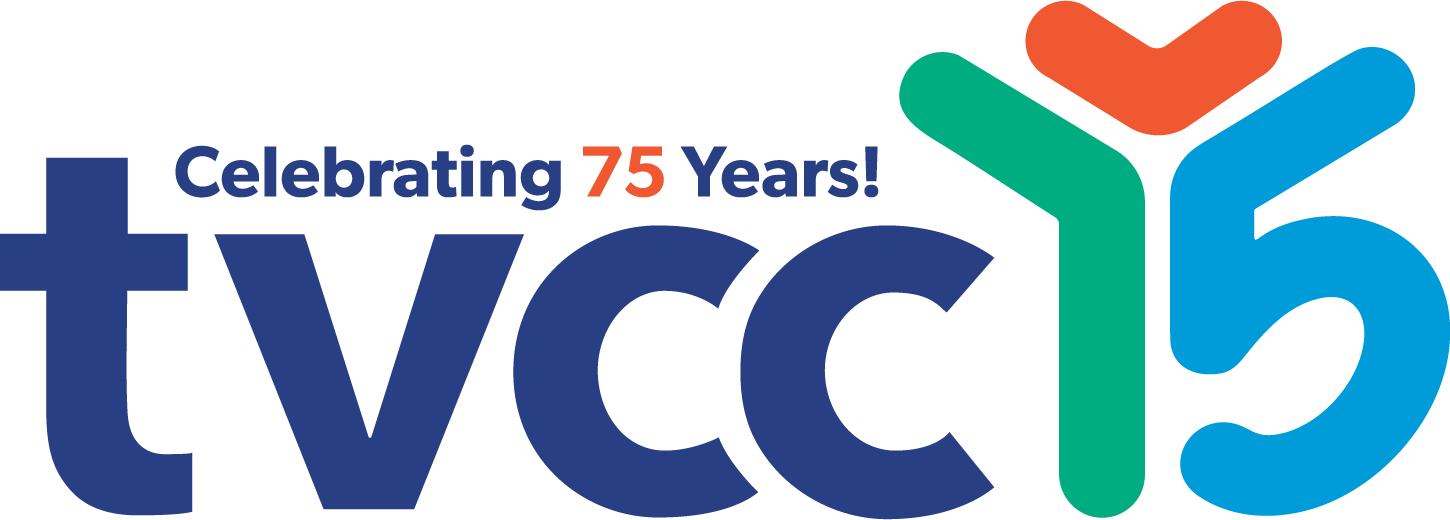There are many services, treatments, and interventions available for children and youth with autism. Several are talked about in chat rooms and on social media each day!
At TVCC, we want to help families make informed decisions when selecting services that are right for them. Below, we have outlined some key things to consider and ask when choosing services. These things will help families find services that answer three important questions:
- How do I know what service is right for my child?
- What should I expect from the service?
- Will the service meet our needs?
Questions to Ask Service Providers
Does the intervention have research proving it is effective?
- When a service has little (or no) strong scientific proof to support that they provide any benefit, there are potential risks to using them. These include harmful side effects, wasted time, energy and effort on ineffective interventions, and missed opportunities during key developmental periods.
- When a service has research demonstrating that it works, you can feel confident that these risks have been minimized. This is referred to as evidence-based.
Does this provider have the necessary qualifications or training?
- There are regulations for clinicians in each field. Qualified providers have demonstrated the understanding and skill needed to correctly deliver the intervention.
- For example, Board Certified Behaviour Analysts® (BCBAs), Speech & Language Pathologists (SLPs) and Occupational Therapists (OTs) all have specialized training related to their field and interventions for children and youth who have autism.
Can you meet my expectations?
- How will I be involved in the goal selection and service delivery?
- How often will I get progress reports and updates?
- How will my child’s other teams be included (i.e., for generalization and maintenance)?
- Who handles all the paperwork and financials?
‘Red Flags’ to Watch Out For
- Seems ‘too good to be true' - Claims of having a ‘cure’ or easy/fast effects or promises without research backing them up
- Catchy or emotional slogans
- Statements highlighting broad and unrelated responses to treatment
- Missing qualifications or training needed to deliver specialized services
- Use of testimonials and subjective reports presented as evidence of success
- Providers who claim other evidence-based treatments are unnecessary
Book a Free Talk With Me Consultation to learn more!!
Have Questions? ffs [at] tvcc.on.ca (Email Us Today!)





